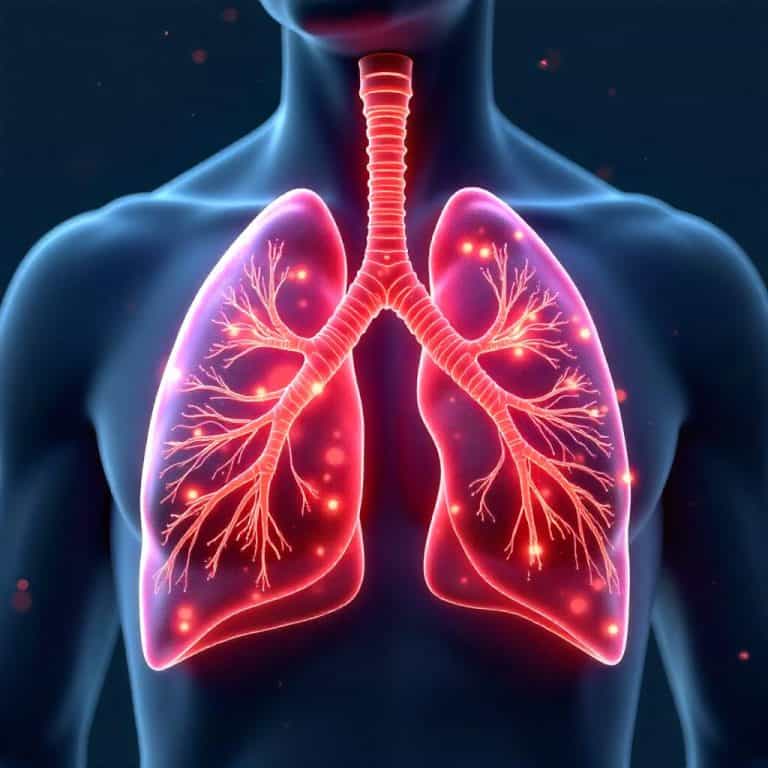Welcome to the Lungs quiz! In this quiz, you will learn all about the amazing organs in your chest that help you breathe. From how they work to the importance of keeping them healthy, you’ll discover fascinating facts about your lungs.
Did you know that an adult at rest takes about 12-20 breaths per minute? Or that your lungs can hold up to six liters of air?
Get ready to test your knowledge and see how much you know about these vital organs that keep you alive and well. Let’s dive in and explore the world of lungs together!
Play Lungs Quiz
Instructions
- This quiz is multiple choice.
- Read each question carefully before selecting an answer.
- Choose the best answer for each question.
- You will see the missed questions with correct answers at the end of the quiz.
Quick Facts
- Our breathing organs, also known as respiratory organs, help us take in oxygen and release carbon dioxide.
- Lungs are like sponges that expand and contract as we breathe in and out.
- There are two lungs in our body, the left lung and the right lung, that work together to keep us breathing.
- They are protected by the rib cage, which acts as a shield to keep them safe.
- When we take a deep breath, our lungs can hold up to six liters of air!
- It’s important to keep our lungs healthy by avoiding smoking and staying away from polluted air.
- They have tiny air sacs called alveoli that help exchange oxygen and carbon dioxide in our bloodstream.
- Our diaphragm, a muscle located beneath our lungs, helps us breathe by contracting and relaxing.
- When we exercise, they work harder to supply our muscles with the oxygen they need to keep moving.
- They play a vital role in keeping our body functioning properly and are essential for our survival.
Downloads
No downloads found
Study Tips
- Create a study schedule and stick to it.
- Find a quiet and comfortable study environment.
- Remove distractions such as phones and social media.
- Take breaks every 25-30 minutes to avoid burnout.
- Use active studying techniques like summarizing, highlighting, and teaching concepts to someone else.
- Practice retrieval by testing yourself with flashcards or practice quizzes.
- Stay organized with notes, study guides, and resources.
- Stay hydrated and eat brain-boosting foods like fruits, nuts, and whole grains.
- Get enough sleep to improve memory retention and cognitive function.
- Reward yourself for reaching study goals to stay motivated.
